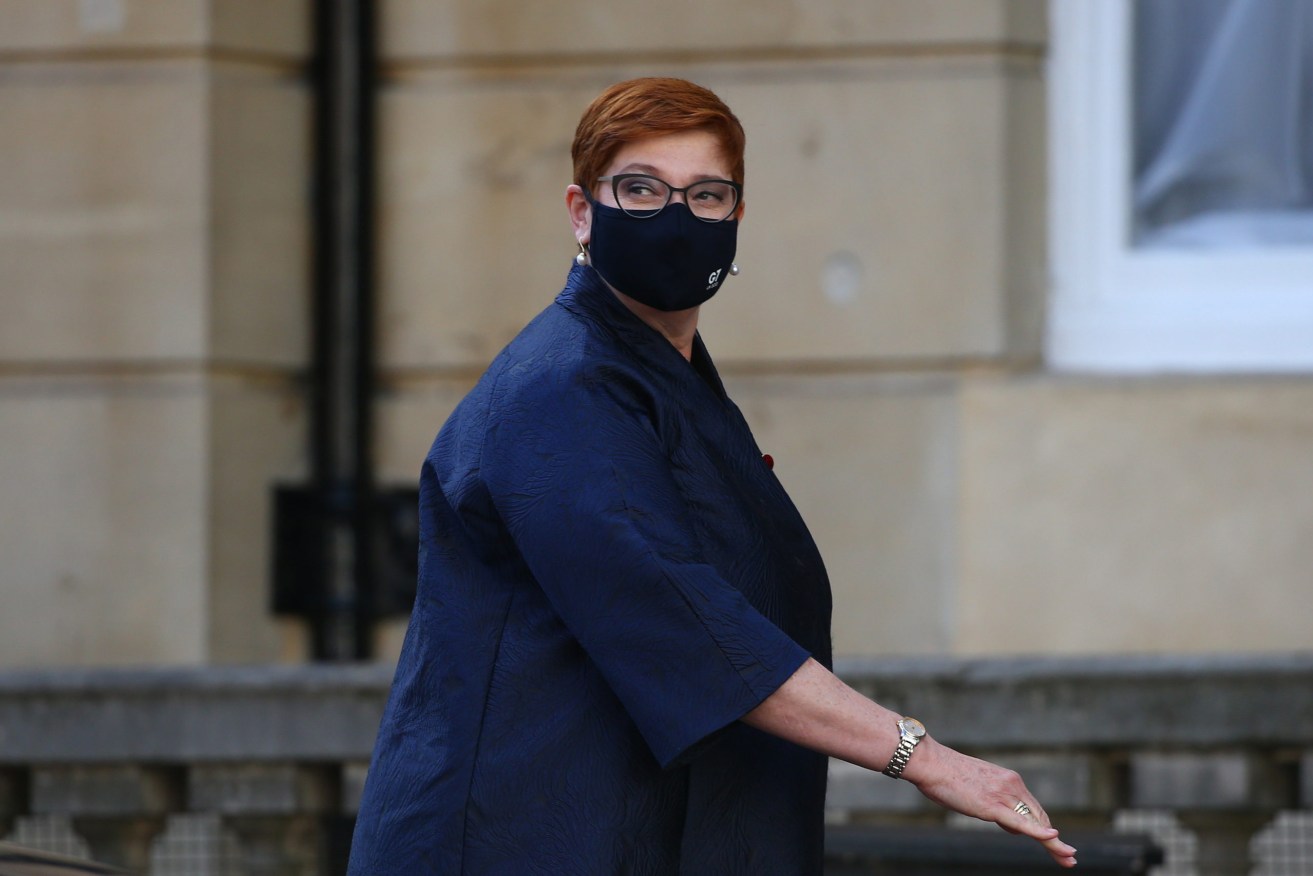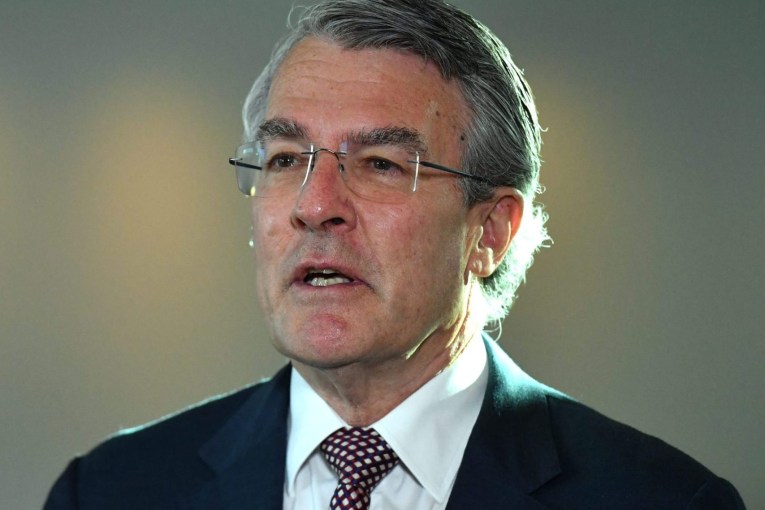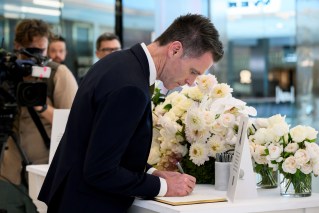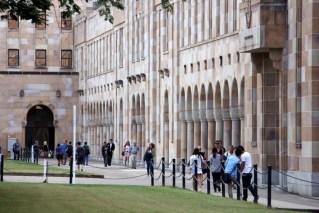Threats to national security so serious that DFAT is asking for help
Amid a surge in cybercrime, and ongoing tensions with China, the private sector may be first to raise the alarm in Canberra.

Foreign Affairs Minister Marise Payne at a meeting of G7 ministers in London this week (EPA/HOLLIE ADAMS/ POOL)
The Department of Foreign Affairs and Trade has been grappling with the travel restrictions of the pandemic, and how to bring tens of thousands of Australians home safely.
This is separate to its substantive diplomacy work to position Australia in global trade, security and human rights disputes. For all its effort, DFAT relies on sensitive information, including passport details, which could be as vulnerable to attack as people and buildings.
“As a highly visible face of Australia, DFAT is a target for organisations or individuals with an intent to cause harm to Australia or seeking a competitive advantage over Australia,” the department told the private sector recently in a briefing.
“The department faces threats both in the cyber realm and from physical intrusions.”
DFAT has conceded it has potential blind spots in security and now wants to engage private sector operators to deliver “internal and external threat intelligence and vulnerability visibility, providing a seamless threat-informed defence against threats”.
“This will enhance threat intelligence across all DFAT locations, including overseas posts, by sourcing specialist third party threat analytics,” the department said.
This could see the private sector monitoring social media and the dark web for any threats, identifying perpetrators, assessing potential new methods of attack, detecting any DFAT vulnerabilities and providing “access to intelligence holdings, threat analysts, or threat hunting assistance”.
It is unclear what level of access the private sector will be given to government information and resources, however it is expected to integrate with DFAT’s cybersecurity and communications platforms.
Defence Minister Peter Dutton recently said the possibility of conflict erupting over China’s interest in Taiwan could not be “discounted,” and Department of Home Affairs secretary Mike Pezzullo warned his staff “free nations again hear the beating drums” of war.
Foreign Minister Marise Payne, at a meeting of G7 counterparts this week, criticised China’s use of ‘debt trap diplomacy’ in the Pacific and elsewhere. The Morrison government recently blocked Victorian deals with China, which responded by withdrawing from a economic dialogue with Australia.
Prime Minister Scott Morrison – who yesterday confused Australia’s position on Taiwan with Hong Kong, inadvertently backing China – has also had to deal with tensions over Australia’s ban on travel from India.












